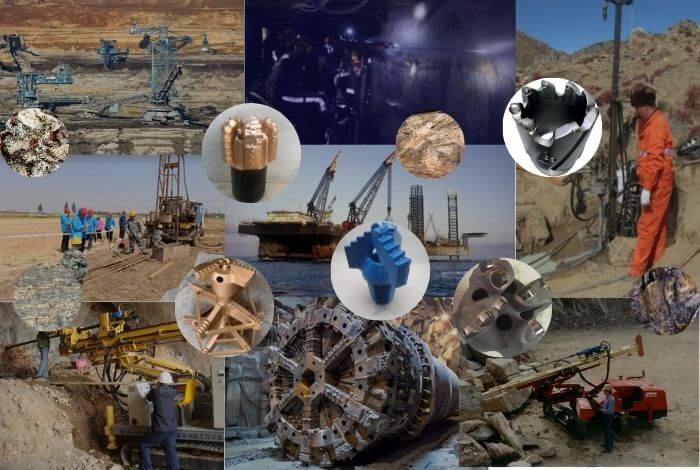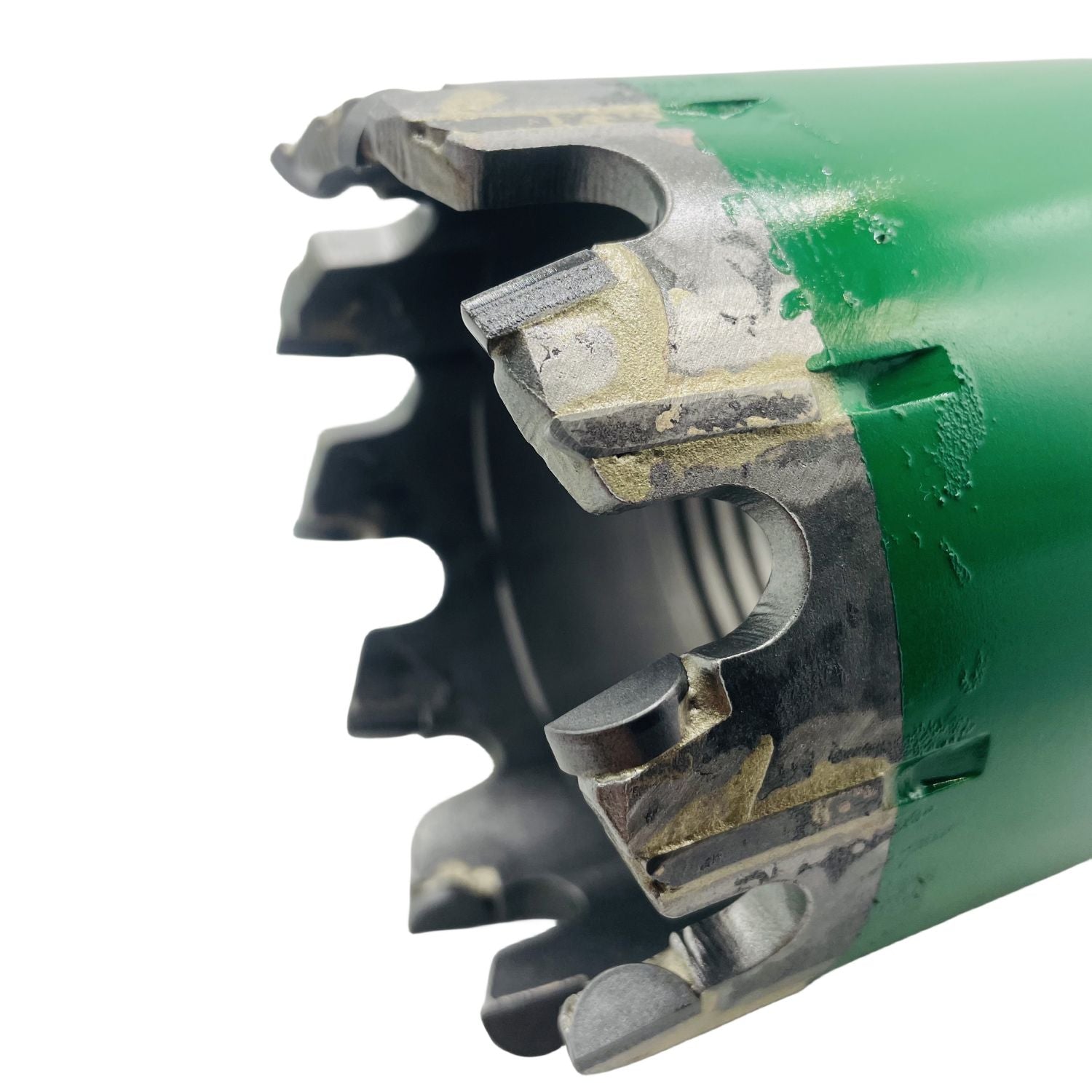
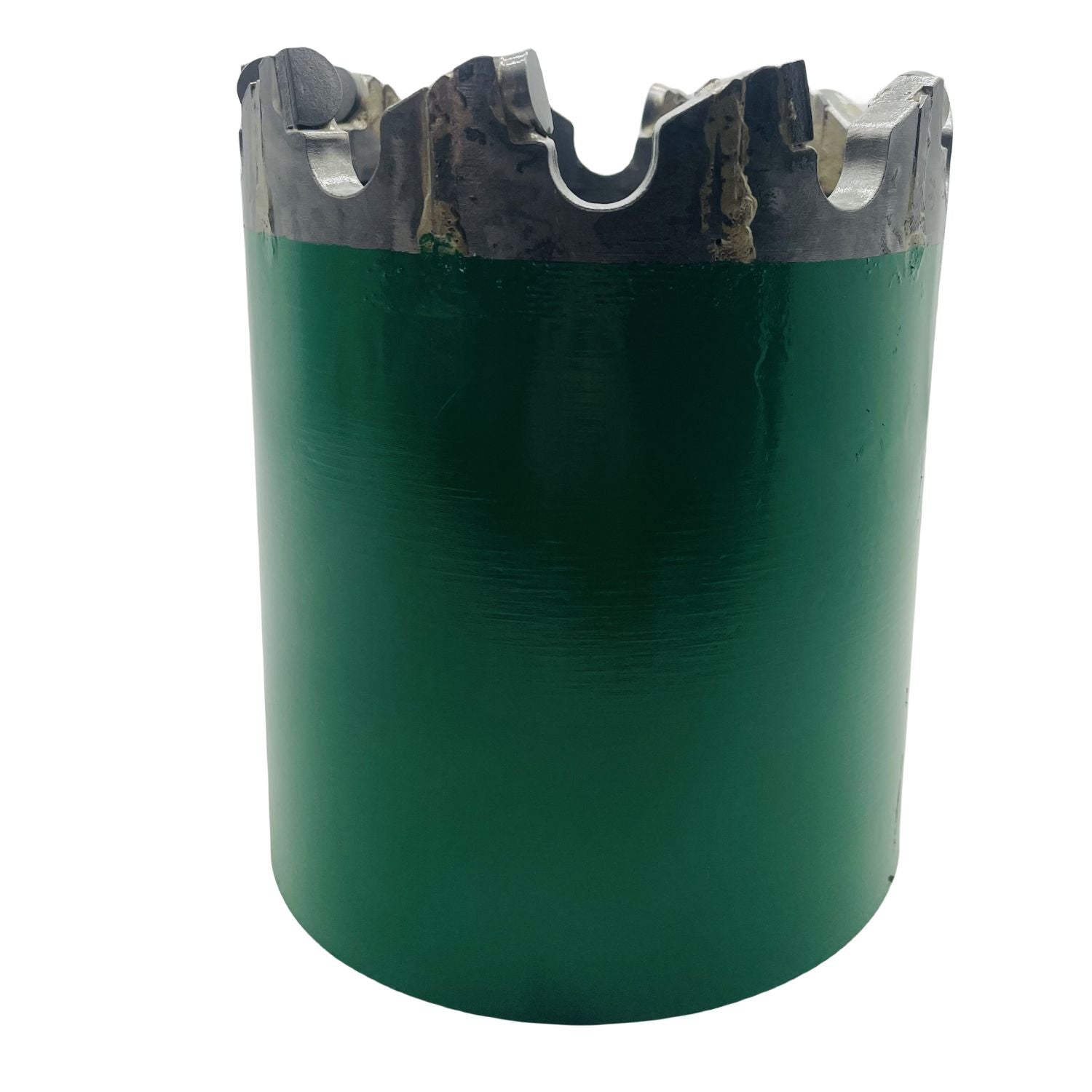
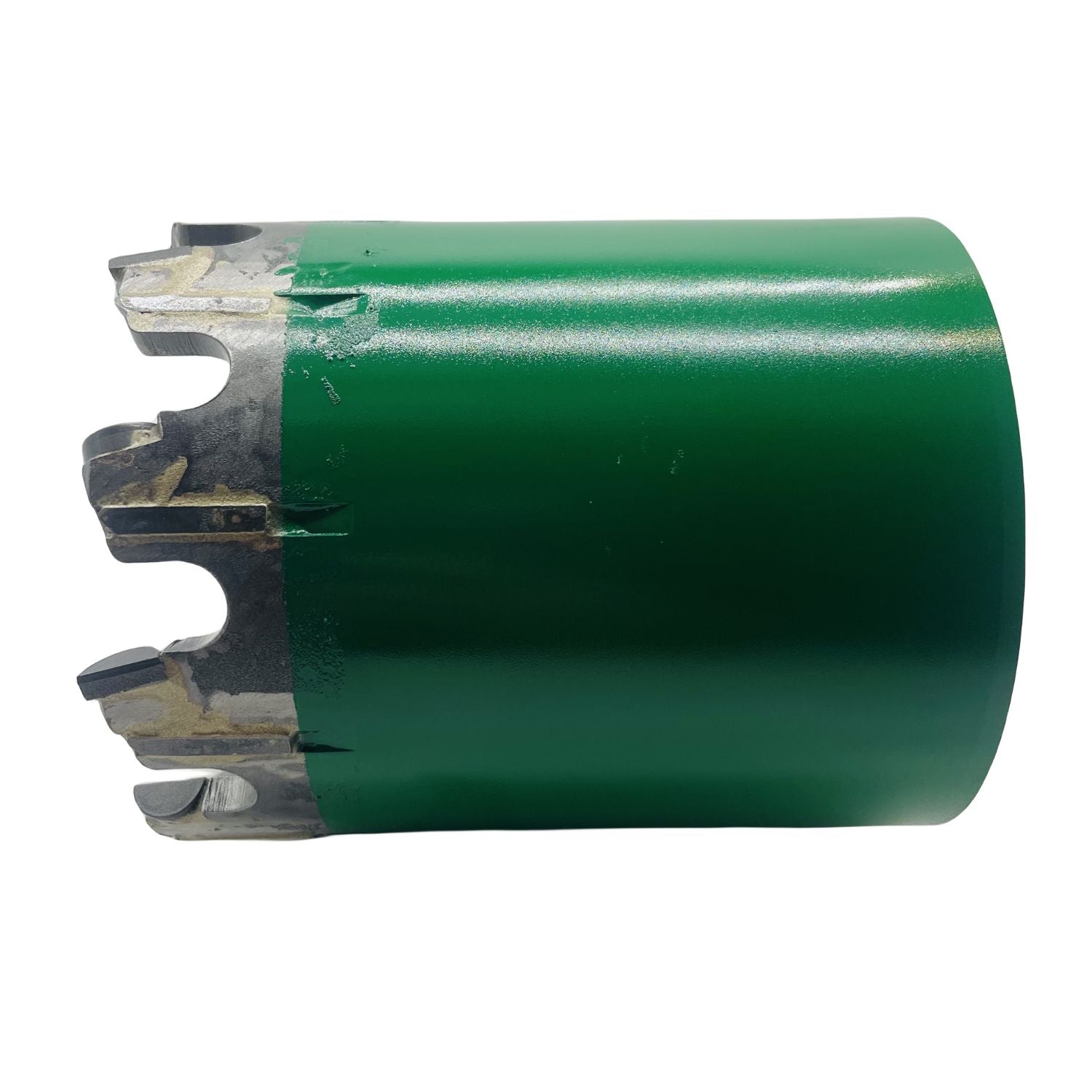
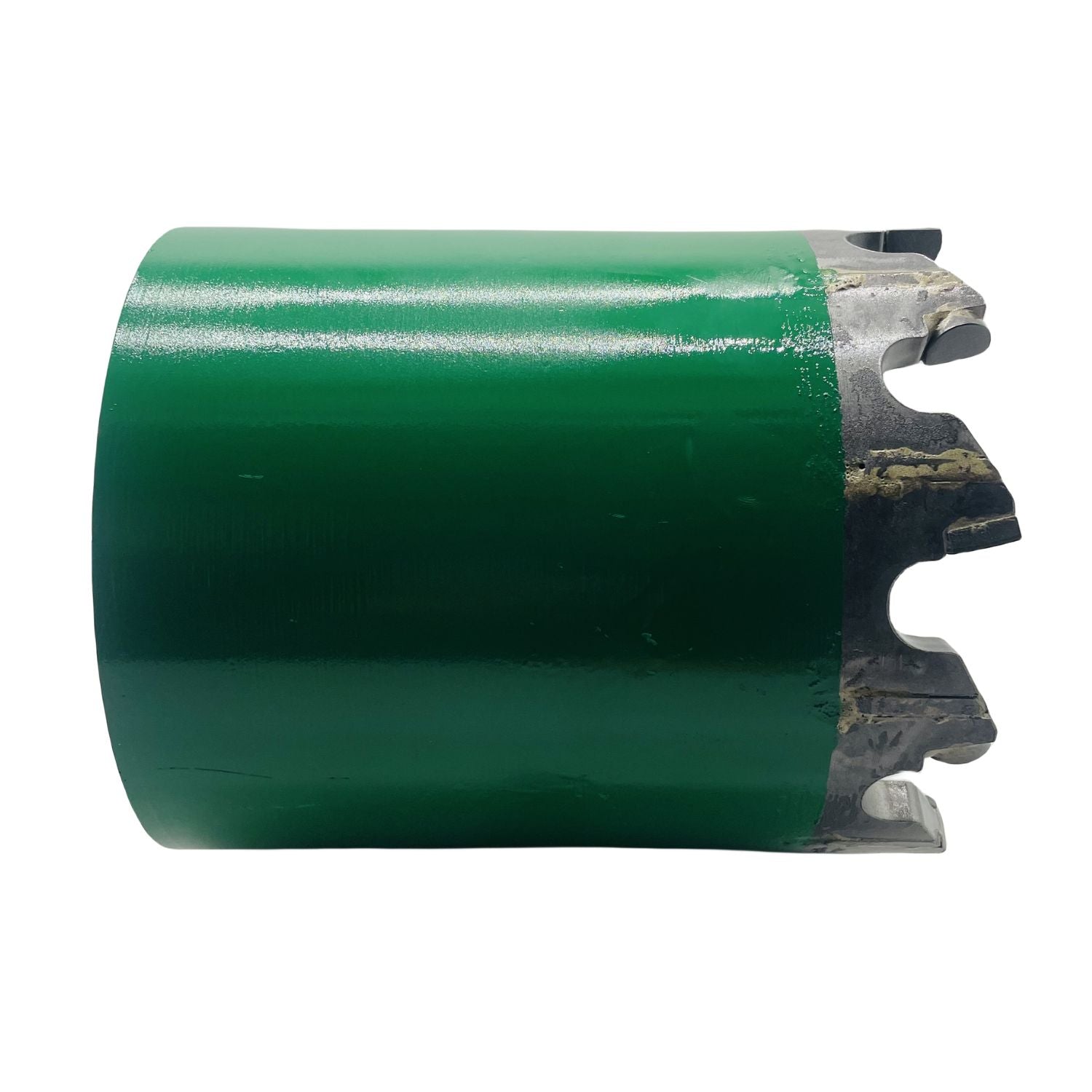
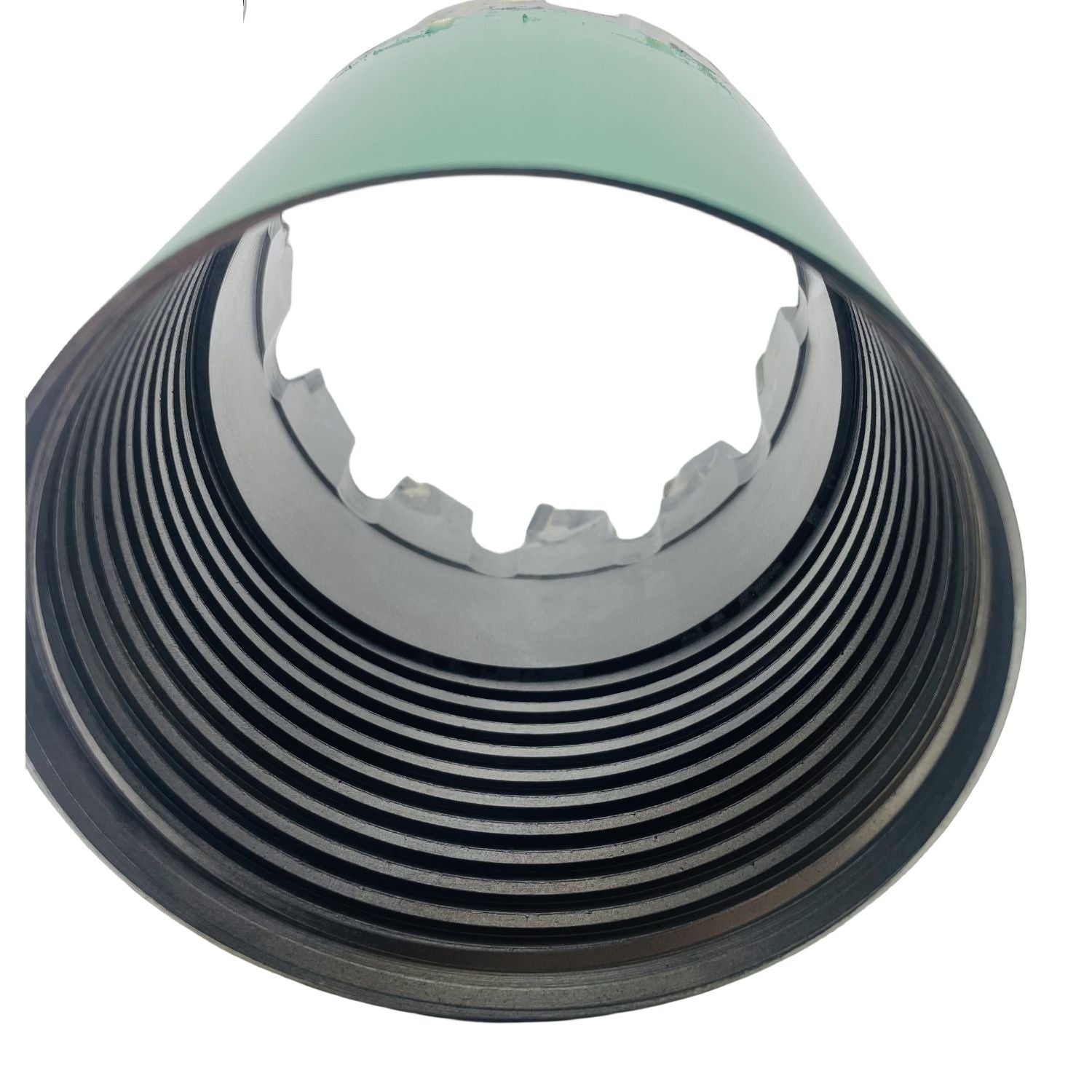
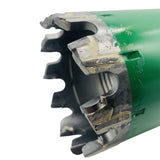
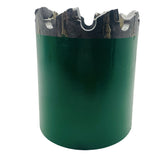
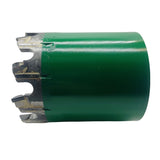
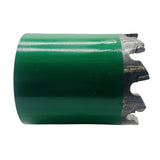
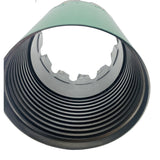
PDC Broca de Núcleo com Segmentos de Lâmina para Rocha Dura e Granito
A PDC com Segmentos de Lâmina é projetada para perfuração de precisão em rocha dura e granito. Apresentando material durável de diamante policristalino e segmentos de lâmina, esta broca reduz...
Nosso artesanato
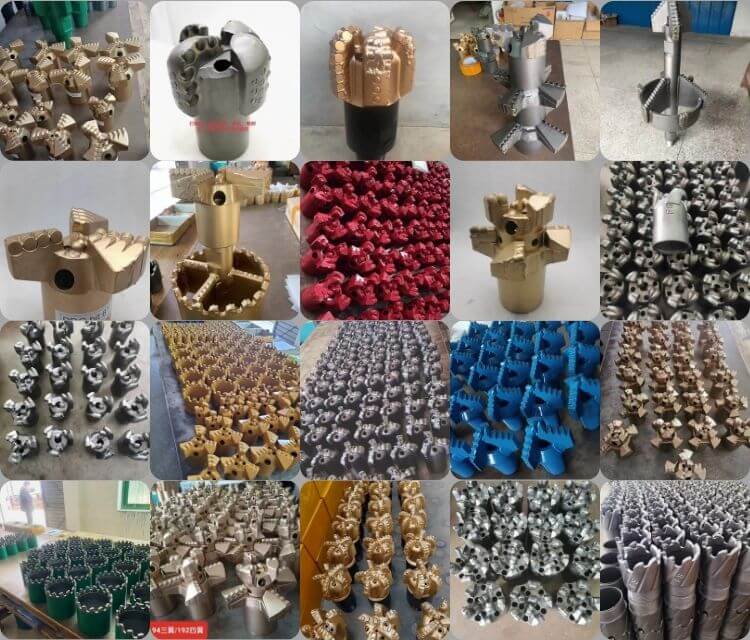
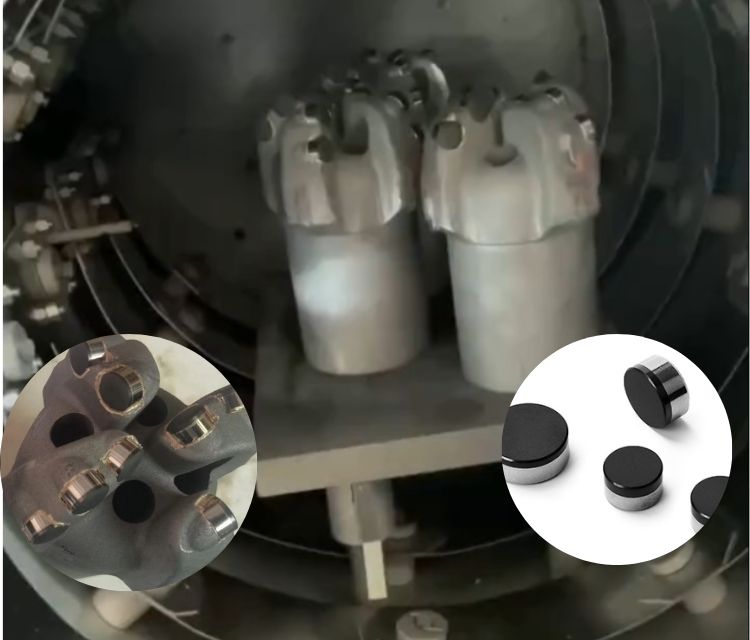
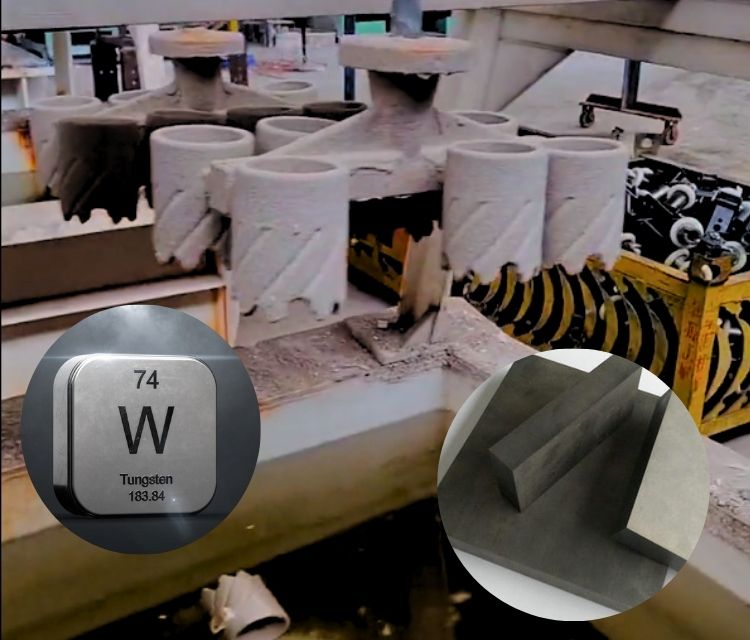
| Model | ** |
|---|---|
| Brand | FENGSU |
| Type | Drill bit |
| Material | Aolly |
| Size Range | ** |
| Thread Type | ** |
| Recommended Formation | ** |
| Origin | HUNAN,China |
| Packaging | Carton or Wooden Box |
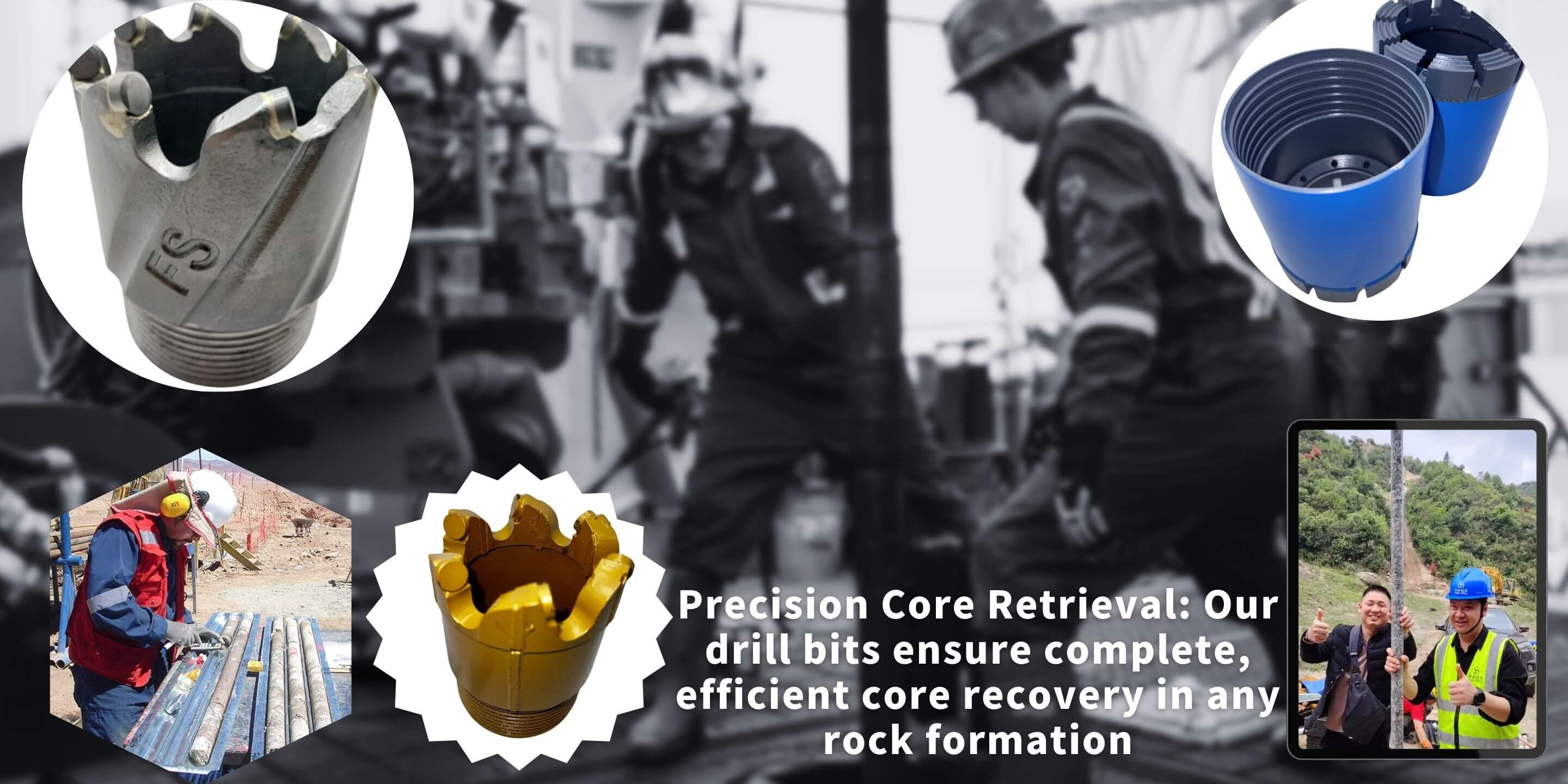
Tabela abrangente de referência para perfuração de rocha
| Classificação/Nome do Estrato | Representando estratos rochosos | Velocidade teórica de perfuração/comprimento de extração recomendado | Brocas recomendadas |
|---|---|---|---|
| Nível 1 (solo solto) | Loess secundário, Hongshi secundário, areia fofa sem cascalho e cascalho angular, terra diatomácea | 15M/h, 15M/P | Broca de liga, broca composta de dente pequeno, broca composta comum |
| Nível 2 (Rocha Solta) | Huangshi/Hongshi/argila turfosa/solo arenoso/tipo caulim | 8M/h, 2,4M/P | Broca de liga, broca composta de dente pequeno, broca composta comum |
| Nível 3 (Rocha Suave) | Xisto/ardósia/rocha pastosa/xisto/camada de areia ligeiramente cimentada fortemente resistida | 6M/h, 2M/P | Broca composta comum, broca composta triangular, broca composta em forma de pão, broca composta em forma de lâmina |
| Nível 4 (rock ligeiramente suave) | Xisto, xisto arenoso, xisto betuminoso, xisto carbonáceo, xisto calcário, camada intermediária de xisto arenoso, calcário argiloso | 5M/h, 1,7M/P | Broca composta comum, broca composta triangular, broca composta em forma de pão, broca composta em forma de lâmina |
| Nível 5 (Ligeiramente Hard Rock) | Camadas de cascalho e cascalho, camada de colapso de ardósia lamacenta, ardósia de pedra verde de clorito de sericita, xisto, calcário, mármore | 3M/h, 11,50M/P | Broca composta comum, broca composta triangular, broca composta em forma de pão, broca composta em forma de lâmina |
| Nível 6-7 (Hard Rock Médio) | Clorita, mica, ardósia, rocha Qianmu, xisto, calcário silicificado, calcita | 2M/h, 1,3M/P-1,1M/P | Broca composta em forma de lâmina, broca composta reforçada, broca composta com dente de capacete, broca diamantada galvanizada de alta qualidade |
| Nível 8-9 (Hard Rock) | Rocha de mica silicificada, gnaisse, basalto, diorito, piroxenita, quartzo pórfiro Anshan | 1,2M/h, 0,3M/P-0,65M/P | Broca de compósito espessada, broca de compósito em forma de lâmina, broca de compósito com dente de capacete, broca de diamante galvanizada convencional, broca de diamante policristalino (TSP) termicamente estável |
| Nível 10-11 (muito Hard Rock) | Granito, granodiorito, gnaisse, riolito, quartzito | 0,8M/h, 0,5M/P-0,32M/P | Broca de corpo sinterizado, broca de diamante galvanizada de baixo grau, broca de diamante policristalino termicamente estável (TSP). |
| Nível 12 (Extremamente Hard Rock) | Quartzito, jaspe, xisto angular, rocha de corindo, quartzo, sílex, jaspe | 0,3 M/h, 0,16 M/P | Broca de corpo sinterizado, broca de diamante galvanizada de baixo grau, broca de diamante policristalino termicamente estável (TSP). |
Se você tiver alguma dúvida, pode entrar em contato conosco pelo chat online!
Converse conoscoVocê pode gostar
Título de exemplo do produto
- $1.00
- $1.00
- Preço unitário
- por
Título de exemplo do produto
- $1.00
- $1.00
- Preço unitário
- por
Título de exemplo do produto
- $1.00
- $1.00
- Preço unitário
- por
Título de exemplo do produto
- $1.00
- $1.00
- Preço unitário
- por
- Escolher uma seleção resulta em um recarregamento completo da página.
